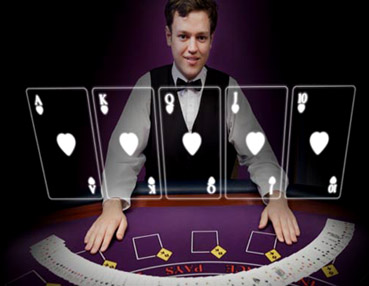Online casinos are illegal in South Korea under Article 246 of the Criminal Code, which prohibits all forms of gambling except for specifically authorized government-run activities. The National Gambling Control Commission oversees enforcement of gambling restrictions, employing technical measures including IP blocking to prevent access to foreign gambling websites (1). South Korean gaming laws do not differentiate between online gambling and land-based gambling, treating both forms equally under criminal statutes (2).
Kangwon Land Casino in Gangwon Province represents the sole legal casino accessible to South Korean citizens, established under the Special Act on Assistance to Development of Abandoned Mine Areas. Seventeen land-based casinos operate exclusively for foreign nationals under the Tourism Promotion Act, with locals prohibited from entering these establishments (2). Legal betting options for citizens remain limited to state-run Sports Toto for sports wagering and the national lottery Lotto 6/45 introduced in 2002 (1).
"Unlawful gambling may be punished by a fine not exceeding KRW10 million, and habitual unlawful gambling is subject to imprisonment for not more than three years or a fine not exceeding KRW20 million."
South Korea enforces a unique Double Punishment Clause criminalizing gambling by citizens even when conducted abroad, demonstrating extraterritorial application of domestic gambling laws. Operating illegal gambling businesses carries imprisonment up to seven years and fines reaching KRW 70 million under recent amendments to the Tourism Promotion Act (2). The government blocks unauthorized gambling websites through the Korea Communications Commission and collaborates with financial institutions to suppress payments to online casinos, though illegal betting markets continue flourishing despite aggressive enforcement measures (1).
Source:
https://www.ngcc.go.kr/eng/police/policy.do
https://practiceguides.chambers.com/practice-guides/gaming-law-2024/south-korea
Last updated: 13-10-2025 Disclaimer: This article does not provide legal advice. If you need legal advice, please contact an attorney directly.
